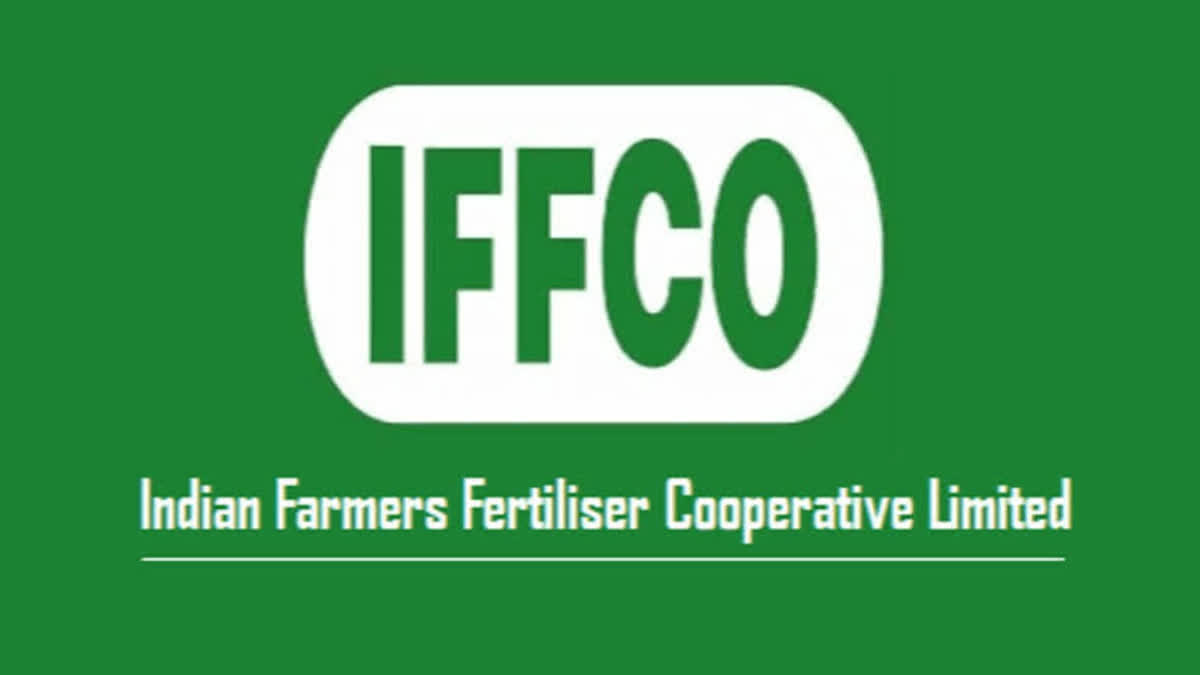Gandhinagar: Prime Minister Narendra Modi has called for adopting scientific methods and technological innovations to double farmers' incomes and ensure self-reliance in food grain production. Responding to this vision, Indian Farmers Fertiliser Cooperative (IFFCO)'s scientists have developed Nano Urea (liquid), Nano Urea Plus, and Nano DAP using indigenous technology.
These advanced fertilisers, promoted under Gujarat Chief Minister Bhupendra Patel's leadership, aim to replace traditional Urea and DAP, empowering farmers with sustainable and efficient solutions.
Gujarat Leads the Nano Revolution in Agriculture
Gujarat has emerged as a frontrunner in adopting Nano Fertilizers, with over 20 lakh farmers integrating them into their farming practices. Advanced agricultural techniques, including drip irrigation and drone-assisted pesticide spraying, have complemented the widespread adoption of Nano Urea. Sales data reflects its rising popularity, with bottle sales growing from 8.75 lakh in 2021-22 to over 26 lakh in 2023-24.
In 2022, Prime Minister Modi inaugurated the world's first Nano Urea (liquid) plant in Kalol, near Gandhinagar. This facility, developed by IFFCO, has a daily production capacity of 1.75 lakh litres and holds a patent for its indigenous nano fertilizer technology. IFFCO has also begun exporting Nano Urea to Sri Lanka, Nepal, Bhutan, and Brazil, and has showcased its technology in the USA.
Advantages of Nano Fertilizers
Nano Urea and Nano DAP effectively address nitrogen and phosphorus deficiencies in crops. Unlike traditional fertilizers with low absorption rates, nano fertilizers deliver ultrafine particles absorbed directly through leaves, ensuring minimal wastage. A single 500-ml bottle can cover an acre of farmland, making it an efficient and sustainable alternative.
These fertilizers also reduce transportation and storage costs due to their compact design. Farmers can replace a 45-Kg bag of traditional Urea with one Nano Urea bottle, significantly lowering farming expenses while improving productivity and crop quality.
Economic and Environmental Benefits
The adoption of Nano Fertilizers promises substantial savings by reducing reliance on imports and subsidies. Environmentally friendly, they prevent pollution, protect soil and water quality, and improve groundwater and air conditions. Experts highlight that these non-toxic fertilizers preserve soil nutrients, supporting substantial farming practices.
Read More



